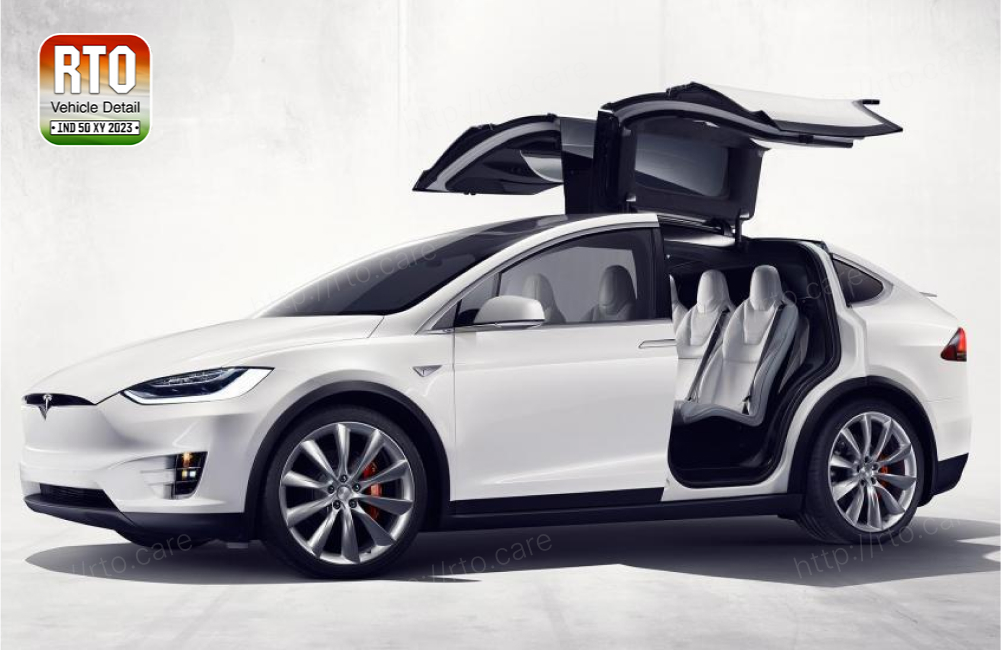J.D. A recent report from Power E-Vision Intelligence shows that the cost of owning premium electric vehicles (EVs) is higher for mass-market EVs and their internal combustion engine (ICE) counterparts compared to their gasoline-powered counterparts. There is more in. This is quite low. There are substantial disparities compared to operated counterparts. This disparity highlights a significant hurdle for the EV industry: a lack of cost parity with traditional gasoline cars.
The report shows that the five-year ownership cost of a premium EV is only $287 higher than equivalent internal combustion vehicles. This slight difference underscores the relative affordability of premium EVs compared to their gasoline counterparts. In contrast, mass-market EVs come with a significantly higher price tag, costing $9,529 or 18 percent more than their gasoline-powered counterparts over a five-year ownership period.
Several factors contribute to these ownership cost disparities. A key factor is the relative affordability of EVs. Carmakers transitioning to EV production often start with expensive, high-end models, followed by more budget-friendly options. As a result, luxury EVs currently dominate the market, representing 76 percent of all EV purchases.
For example, companies like Tesla and General Motors started with premium EV models before introducing more affordable models. Additionally, the study highlights the impact of tax credits on EV affordability, as premium brand dealers often pass these credits on to their customers, making their vehicles more attractive in terms of cost.
In contrast, many mass-market EVs may not qualify for these tax credits, and even if they do, dealers cannot extend them to leasing customers, reducing their competitive edge. She goes. She goes. Will reduce. The report offers examples of these cost disparities, such as the Mercedes-Benz EQB, a premium model whose five-year ownership cost is $72,107 compared to the ICE vehicle's $71,420. Meanwhile, the Ford Mustang Mach-E, considered mass-market, has an ownership cost of $67,719 over five years, which is $16,000 more than the cost of its gasoline-powered counterpart.
Despite these challenges, the report predicts a promising development for mass-market EV enthusiasts. It is speculated that the 2024 Chevrolet Equinox EV could be a game-changer, bringing it closer to price parity in the mass-market segment. General Motors' commitment to offer the Equinox EV at a starting price of around $30,000 is seen as an important step in this direction, thanks to their Ultium platform, which allows for EVs at different price points. Is.
While automakers have had to adjust their pricing strategies due to various factors, the J.D. Power report emphasizes that more affordable EV models have the potential to bring price parity to the electric compact SUV segment in the near future. In short, the data underscores the challenge of cost parity between EVs and gasoline cars, with mass-market EVs currently lagging behind. However, the emergence of more affordable EVs in various market segments may soon narrow the gap, making EVs a more attractive and financially viable option for a broader customer base.










